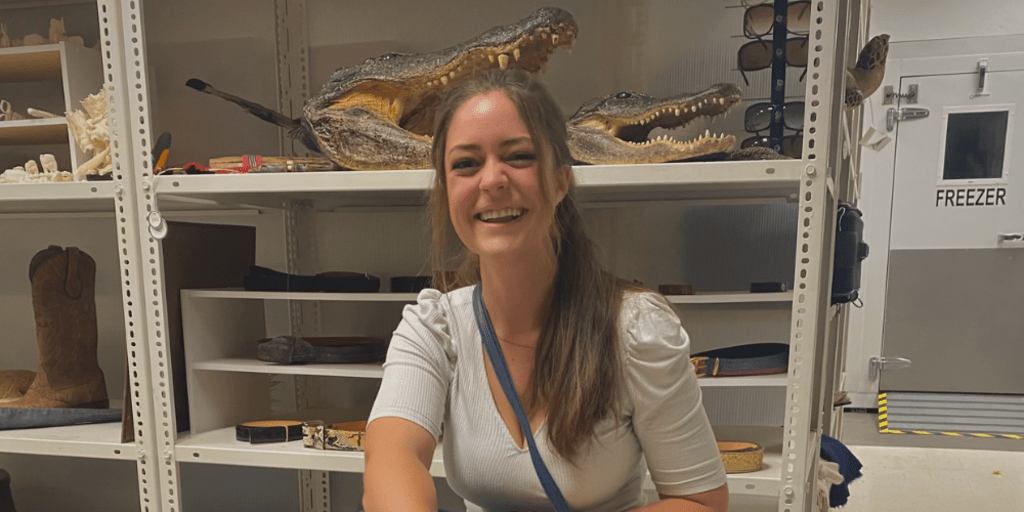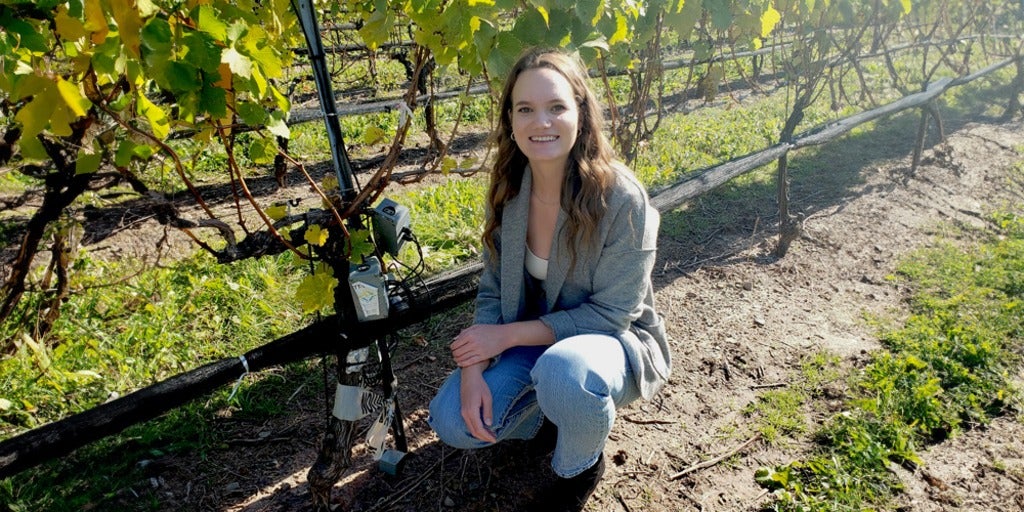New internship pilot creates opportunities for master’s students to make a positive climate impact
By: Matthew King | Estimated reading time: 2:45
The Master of Climate Change (MCC) internship program is levelling up to provide additional support to students, staff and faculty. MCC is piloting a graduate work-integrated learning (WIL) internship in partnership with Co-operative and Experiential Education (CEE) and Graduate Studies and Postdoctoral Affairs (GSPA).
The MCC program is 12 months long and typically consists of three full-time terms. In the final four months of the program, students will now participate in a WIL experience through an internship. Unlike traditional co-op programs, the work must be related to their field of study. Before the new GradWIL pilot, professors and program staff were responsible for providing professional development and career support for students.
This new program is launching at a critical time. With the increasing climate impacts and the transition to a low-carbon economy underway, developing new talent with the knowledge and relevant experience to help tackle climate change is more important than ever.

Now, CEE staff provide specialized student support and resources including tips for career planning and securing a job. As part of the pilot, the Centre for WIL team has established processes and provided dedicated staff. Chantal Godin, faculty relations manager for GradWIL, is working to help effectively guide students through the process.
“As the faculty relations manager, I work with program staff to ensure that we’re helping students earn the best WIL opportunities at the graduate level,” says Godin. "We offer personalized guidance that is informed by industry knowledge. At the same, this programming reflects the diverse backgrounds of graduate students. Ultimately, this combination prepares them for the labour market.”
Godin collaborates with program coordinators and staff to provide a seamless process for MCC students to find and complete the program's internship component. Her work includes supporting students as they navigate WaterlooWorks, Waterloo’s online job board. She also helps students with other strategies to find internship-specific positions.
Successfully integrating work-integrated learning
The MCC program first featured the new WIL internship support in the spring 2024 term. Having CEE staff available to support MCC students and staff through the WIL process has been beneficial.
"Having GradWIL as a new partner has been wonderful,” says Daniel Scott, professor in the Faculty of Environment and director of Climate Change programs. “For me, it's wonderful to have the help, in terms of not just the logistics of things like WaterlooWorks, but the expertise of people who work with experiential learning and career development on a day-to-day basis.”
Scott believes that working closely with CEE staff will help other graduate programs integrate WIL experiences into existing offerings. He also aims to leverage the power of CEE beyond co-op.
“The value added to the students has been incredible,” says Scott. “Both in terms of helping them navigate finding internship-applicable jobs, but also the supports at that front end with things like WIL 601; a course that gives students tools, strategies and resources to prepare for their upcoming WIL experiences. Then when they're in internships, they'll get additional support from Chantal.”
Internal and external partnerships like this one are the foundation for unlocking creative approaches for real world impact. This new pilot is the latest example at the Faculty of Environment that shows how meaningful experiential education opportunities inspire solutions for our sustainable future.

